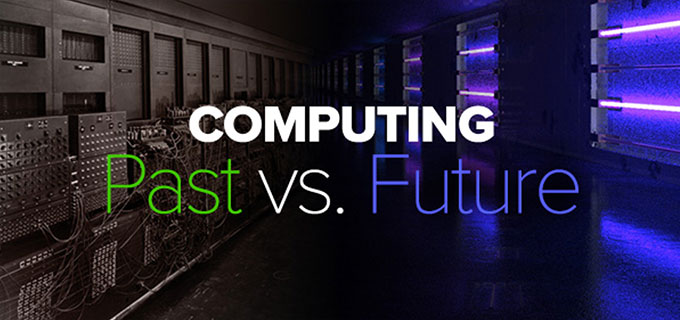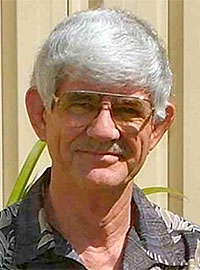
You Want Me to Remember What?
People remember all sorts of things. We do it automatically. If you walk out of the local store into the rain, and slip on an oily patch in the carpark, you fall over. And there are all sorts of things that you can recall about this after the fact:
- There’s the rain of course.
- And the pain in your backside as you hit the ground.
- But there is also the sound of your friend saying “Careful!”
- And the temperature of the air.
- Plus, the feel of the packages of groceries you are holding and trying not to spill.
- The sound of the eggs breaking in one of your packages.
- The smell of the exhaust fumes from cars that have just gone by.
- And so on, and so on.
And you don’t need to stop at each memory recording and say to yourself; “this one goes in the temperature file, and this one goes in the pain file, and this one goes in the aroma file.” You see, you are not a computer, in the sense of the way computers operate today.
Computers today only file what you tell them to file, and they only file things where you say to file them. Think about it for a minute. If you tell your computer to print a document on blue paper on the HP printer, that’s all that happens. It prints the document on blue paper on the HP printer.
But you know that it was printed on blue paper, and you know that it was printed on the HP printer. And your personal assistant probably does as well – if you have one. You didn’t have to do anything special to remember that – you just did it. That’s the way people operate.
So, later that day, you can say to your assistant, “Can you print me another copy of that document we did on the HP printer. I think it was the one on blue paper.” And your assistant will be able to print that copy for you – no problem. He has enough data to find the one you mean.
But does your computer know what document you are talking about? No! Your computer did not store the information about the order it was given. It performed the actions ordered, but it did not store any information about the order.
But you did. And so did your assistant.
But what’s the point here? Well, this highlights one of the huge differences that sets ExoTech apart from everyone else. An ExoBrain is built to manage data in the same way that people manage data.
If you give an ExoBrain an order to print the document on blue paper, using the HP printer, that’s exactly what it will do, but it also stores the details of the order for later reference.
And what’s the benefit of that?
Well, when you say the same thing to your ExoBrain that you said to your assistant in the previous example; “Print me another copy of that document we printed on the HP. I think it was the one on blue paper”, your ExoBrain will be able to do exactly that.
And why is that? Because the ExoBrain is operating with its data in exactly the same way that people operate with data. Your assistant automatically recorded the fact that you used the HP printer and that you printed the document on blue paper. And that was enough for the assistant to know exactly what document you are talking about. And since the ExoBrain also recorded those details of the order it was given, it too knows which document we are talking about.
Do you see what’s happening here? There are all sorts of things that can be used to refer to something. It’s a matter of relating pieces of data together. Humans do this all the time. When you fell over in the shopping centre carpark, you didn’t have to be told to record all those details, you just did it.
And that’s what an ExoBrain does too. And with all this reference data of things that are related to an action, or an order, it becomes very easy to reference, and find something, using any of those reference points.
Someone can say to you years after your fall in the carpark, “Do you remember when fell over in the shopping centre carpark when it was raining?” And you will have no trouble finding that incident in your memory. But they could also say; “Do you remember when you fell over in the rain and broke the eggs we’d just bought?” And you’d also know what they were talking about.
And that’s because people can use anything as a reference point when they talk to others. Just now, we used such things as “raining”, “carpark”, “fell over”, “broke the eggs”, and so on, as reference points.
And it’s the same for an ExoBrain. You can use any reference to any data that it stored about what it has done in the past, and it will find it. Your computer today can’t do that, because your current computer does not remember anything about the actions it has performed.
Not only that, but you can also recall things based on all sorts of different data that was associated with the incident. It doesn’t matter what type of data it is: temperature, the fact it was raining, your friend saying “Careful!”, the pain in your backside. You can relate any type of data to any other type of data.
And so can your ExoBrain! It makes a point of “remembering” all sorts of things about the actions it takes and the orders it is given. It’s all part of making the ExoBrain manage data in the same way that people manage data. And that is one of the key things that sets us apart from everyone else.

